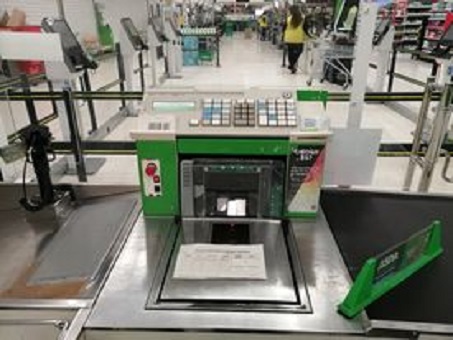Supply shortages and workers from EU countries

There are supply shortages all over the world.
In the USA Nike are unable to bring trainers to the country from Vietnam because of COVID, while port closures in China have caused supply shortages in Europe affecting a wide variety of products.
Changes as a result of lockdowns are also still evident. In the USA pipelines that transported jet fuel were mothballed or put to transporting different types of oil, and drivers redeployed. There is now a shortage of oil tanker drivers.
So to blame Brexit for everything is a little unfair. However Britain is among the worst hit countries, and Brexit is certainly a factor. Many workers from EU countries have returned to their countries of origin, and employers are unable to recruit more to replace them. There are now 364,000 less EU nationals in the UK than there were two years ago.
Why have workers from EU countries returned to their countries of origin?
These are personal decisions, so there are many reasons.
Many wanted to see friends and family again after lockdown and decided not to return (see next section). Many people have reevaluated their lives as a result of the pandemic, so why should EU migrant workers be any different?
Some workers didn’t feel welcome here anymore, and many have qualifications and skills that have not been put to good use in the UK. In some cases workers might need to self isolate or quarantine on their return.
While workers from EU countries were offered the right to apply for settled status after Brexit, this involved form filling and a lengthy approval process. After acceptance, documents would not be issued until biometrics were obtained. In theory this is free, but in practice, the companies carrying the work out can charge. Free slots are rare. Prices start at almost £80 (usually midweek) and rise to almost £140 (weekends).
We spoke to one applicant who had come to the UK under the European Family Permit – as the wife of a British citizen. After over a month of trying to find a free slot, she found one, although that involved a round trip of over 200 miles. She had already given biometrics several times before. The appointment consisted of a few checks (address, date of birth), a photo, a finger print and a signature. Altogether it took less than a quarter of an hour.
The scheme is not as simple as many think and may be off putting.
Which workers will be entitled to come here, and which workers are now in short supply?
The list of skilled workers who the Government want to attract includes doctors and health professionals, vets, architects, engineers, scientists and orchestral musicians.
The 10 occupations which have the most vacancies are topped by delivery drivers and also include nurses, care workers, primary and nursery teachers, programmers, sales and retail staff, cleaners and domestics, metal workers and carpenters and joiners.
Will workers come from EU countries to fill the vacancies if allowed?
This is being presented as a solution to the problem. Is it?
Many delivery drivers and other workers from EU countries have worked through agencies, and many have worked on zero hours or temporary contracts. If EU workers are allowed ito the UK, they will only be allowed if work contracts are issued.
For those that are able to come, there will be a certain amount of bureaucracy, which will not be needed to work in other EU countries.
COVID travel restrictions may also be a factor deterring EU nationals from coming to the UK to work. Some workers may also be deterred by concerns about whether they would be able to easily return home if there was a family emergency, such as the death of a relative.
With other options, such as working in other EU countries, the UK isn’t as attractive as it once was. The pound is more than 10% lower in value than it was in September 2019. In addition, prices and rents have risen considerably.
The building trades have admitted now that their workers from EU countries had few opportunities for career progression, something that would need to change, especially as many had qualifications that could have taken them into careers with better long term prospects.
Some EU workers might return to the UK to work, but this is unlikely to be enough to solve the current supply shortage problem.
See also: Our post on August 5th – Labour shortage in the UK

